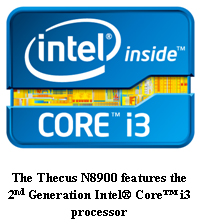From The Blog
-
ConnectWise Slash and Grab Flaw Once Again Shows the Value of Input Validation We talk to Huntress About its Impact
Written by Sean KalinichAlthough the news of the infamous ConnectWise flaw which allowed for the creation of admin accounts is a bit cold, it still is one that…Written on Tuesday, 19 March 2024 12:44 in Security Talk Read 603 times Read more...
-
Social Manipulation as a Service – When the Bots on Twitter get their Check marks
Written by Sean KalinichWhen I started DecryptedTech it was to counter all the crap marketing I saw from component makers. I wanted to prove people with a clean…Written on Monday, 04 March 2024 16:17 in Editorials Read 1510 times Read more...
-
To Release or not to Release a PoC or OST That is the Question
Written by Sean KalinichThere is (and always has been) a debate about the ethics and impact of the release of Proof-of-Concept Exploit for an identified vulnerability and Open-Source…Written on Monday, 26 February 2024 13:05 in Security Talk Read 1058 times Read more...
-
There was an Important Lesson Learned in the LockBit Takedown and it was Not About Threat Groups
Written by Sean KalinichIn what could be called a fantastic move, global law enforcement agencies attacked and took down LockBit’s infrastructure. The day of the event was filled…Written on Thursday, 22 February 2024 12:20 in Security Talk Read 910 times Read more...
-
NetSPI’s Offensive Security Offering Leverages Subject Matter Experts to Enhance Pen Testing
Written by Sean KalinichBlack Hat 2023 Las Vegas. The term offensive security has always been an interesting one for me. On the surface is brings to mind reaching…Written on Tuesday, 12 September 2023 17:05 in Security Talk Read 2079 times Read more...
-
Black Kite Looks to Offer a Better View of Risk in a Rapidly Changing Threat Landscape
Written by Sean KalinichBlack Hat 2023 – Las Vegas. Risk is an interesting subject and has many different meanings to many different people. For the most part Risk…Written on Tuesday, 12 September 2023 14:56 in Security Talk Read 1793 times Read more...
-
Microsoft Finally Reveals how they Believe a Consumer Signing Key was Stollen
Written by Sean KalinichIn May of 2023 a few sensitive accounts reported to Microsoft that their environments appeared to be compromised. Due to the nature of these accounts,…Written on Thursday, 07 September 2023 14:40 in Security Talk Read 2065 times Read more...
-
Mandiant Releases a Detailed Look at the Campaign Targeting Barracuda Email Security Gateways, I Take a Look at What this all Might Mean
Written by Sean KalinichThe recent attack that leveraged a 0-Day vulnerability to compromise a number of Barracuda Email Security Gateway appliances (physical and virtual, but not cloud) was…Written on Wednesday, 30 August 2023 16:09 in Security Talk Read 2051 times Read more...
-
Threat Groups Return to Targeting Developers in Recent Software Supply Chain Attacks
Written by Sean KalinichThere is a topic of conversation that really needs to be talked about in the open. It is the danger of developer systems (personal and…Written on Wednesday, 30 August 2023 13:29 in Security Talk Read 1824 times Read more...
Recent Comments
- Sean, this is a fantastic review of a beautiful game. I do agree with you… Written by Jacob 2023-05-19 14:17:50 Jedi Survivor – The Quick, Dirty, and Limited Spoilers Review
- Great post. Very interesting read but is the reality we are currently facing. Written by JP 2023-05-03 02:33:53 The Dangers of AI; I Think I Have Seen this Movie Before
- I was wondering if you have tested the microphone audio frequency for the Asus HS-1000W? Written by Maciej 2020-12-18 14:09:33 Asus HS-1000W wireless headset impresses us in the lab
- Thanks for review. I appreciate hearing from a real pro as opposed to the blogger… Written by Keith 2019-06-18 04:22:36 The Red Hydrogen One, Possibly One of the Most “misunderstood” Phones Out
- Have yet to see the real impact but in the consumer segment, ryzen series are… Written by sushant 2018-12-23 10:12:12 AMD’s 11-year journey to relevance gets an epic finish.
Most Read
- Microsoft Fail - Start Button Back in Windows 8.1 But No Start Menu Written on Thursday, 30 May 2013 15:33 in News Be the first to comment! Read 116470 times Read more...
- We take a look at the NETGEAR ProSafe WNDAP360 Dual-Band Wireless Access Point Written on Saturday, 07 April 2012 00:17 in Pro Storage and Networking Be the first to comment! Read 87374 times Read more...
- Synology DS1512+ Five-Bay NAS Performance Review Written on Tuesday, 12 June 2012 20:31 in Pro Storage and Networking Be the first to comment! Read 81928 times Read more...
- Gigabyte G1.Sniper M3 Design And Feature Review Written on Sunday, 19 August 2012 22:35 in Enthusiast Motherboards Be the first to comment! Read 80251 times Read more...
- The Asus P8Z77-M Pro Brings Exceptional Performance and Value to the Lab Written on Monday, 23 April 2012 13:02 in Consumer Motherboards Be the first to comment! Read 70883 times Read more...
Displaying items by tag: NAS
Intel Prepares Briarwood Atoms for data storage
 |
Intel is developing another Atom processor for specialized applications. The chip, codenamed Briarwood, is expected to hit the market in the first quarter of next year and is designed specifically for the data storage segment , SAN(Storage area network) solutions and SBB (Storage building blocks) products. The processor will have two Saltwell x86 cores with support for virtualization and HT (4 logical cores) and single channel DDR3 memory controller with support for ECC. Within Briarwood should be found the Crystal Beach DMA engine, which offers support for RAID 5 and 6, and DIF.
The Private Cloud; because there is safety in numbers
 |
The Cloud is something that we have not been supportive of for a long time and for many reasons. You see the same companies that warn us, on almost a daily basis, how dangerous the internet is are now asking us to trust them with our data and personal information. At the same time the number of breaches happing to internet based companies is skyrocketing. It simply does not seem to make sense to put trust in these cloud services for them money they want when they (almost all of them) cannot keep them safe or secure from malicious individuals. However there is a growing “need” to stay connected and access our own data from anywhere, well there is a solution and it is one that lets you keep your data; The Private Cloud.
Thecus N5550 NAS Intro and Teardown
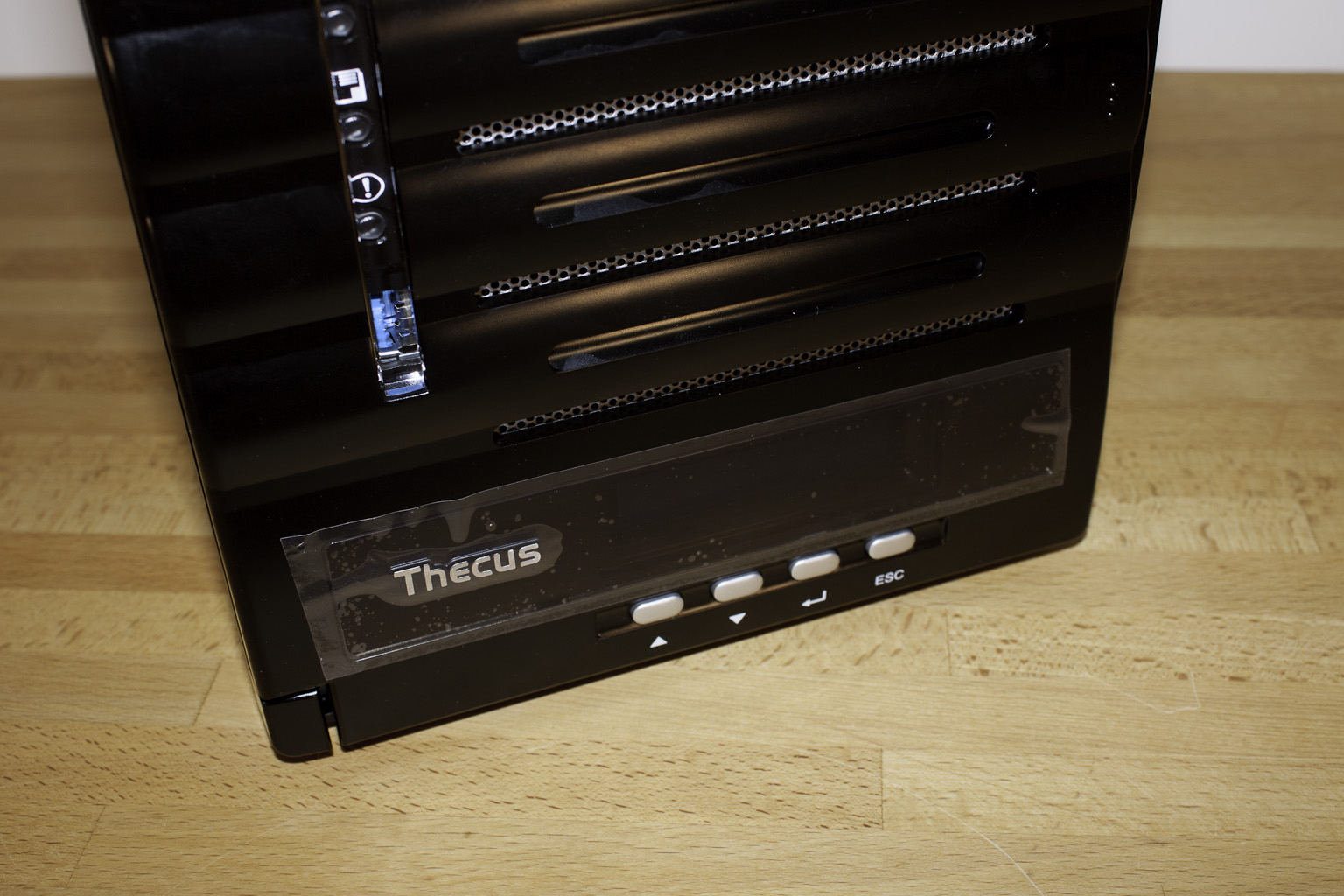 |
With the big push for everything in the cloud we have been focusing on ways to consumers and businesses to bring their data back into their own control. One of the least expensive methods for this is through the use of a NAS (Network Attached Storage) device. These are devices that have a minimum of two drive bays and allow for you to set up RAID (Redundant Array of Inexpensive Disks) Volume for performance and/or redundancy. Today in the Lab we have a five-bay NAS device from Thecus. This is an Atom based system with support for up to 15TB of RAW space and 3GB of memory. So let’s take a look at the Thecus N5550 and see what this $600 (empty) NAS has to offer as we dig deep into its design, build and features.
Western Digital Launches Their New WD Red Line of HDDs Built for NAS *** Update with Pricing ***
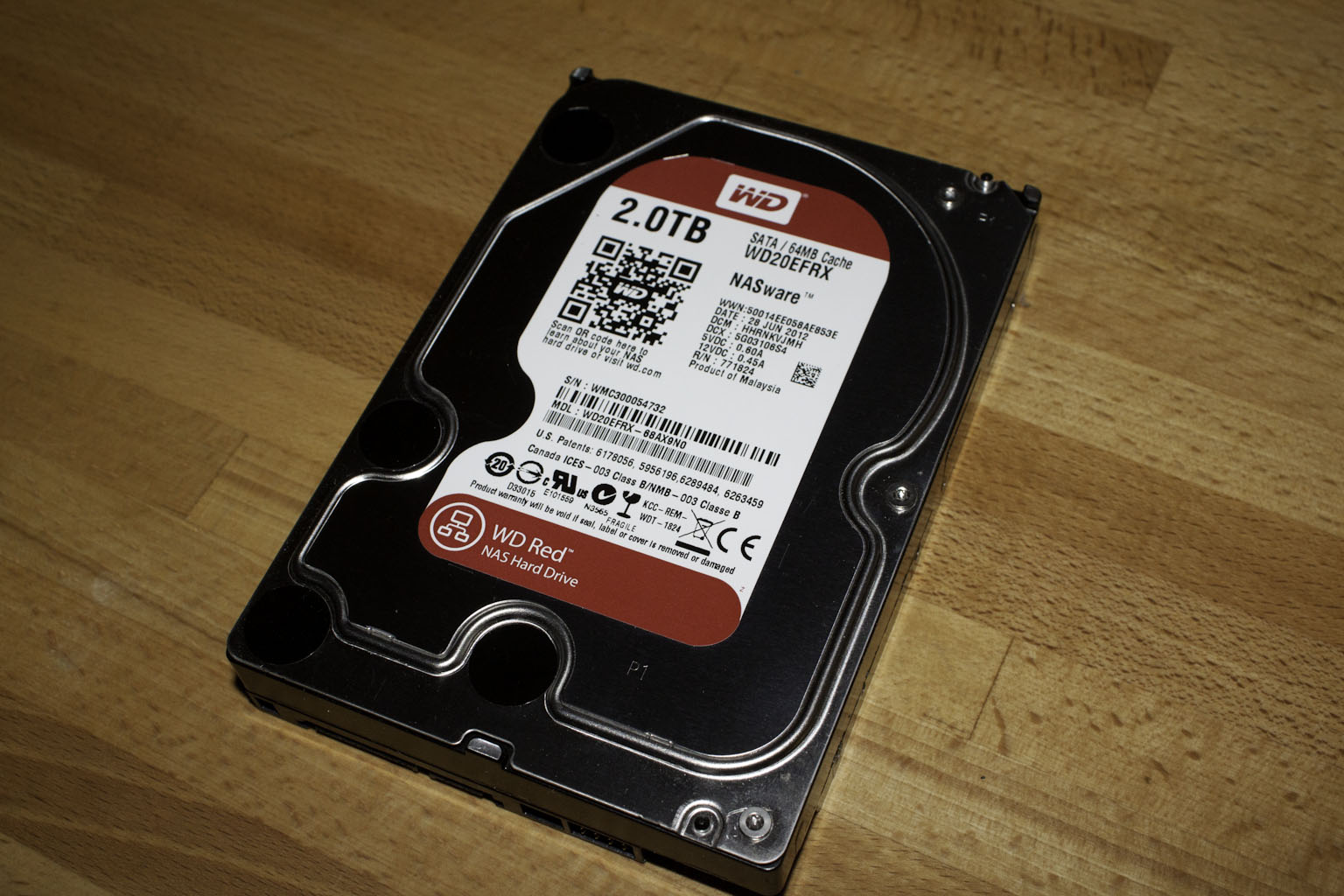 |
Over the years the need for more storage has exploded. I have seen systems with 750GB drive packed with pictures, MP3s and movies not to mention actual work files. It has become borderline ridiculous. Still we need to have better access to more space to store our stuff. To help with this many companies have begun manufacturing network attached storage devices. These are multi-drive products that can be connected to a home or small business network and used as a central spot for file storage. We have covered a couple of them and have a few more to show you in the future. The problem with many of these is that to keep costs down they are often shipped without drives. Many think that they can just buy a bunch of drives of the same size and throw them in. That does not always work though; we have run into a few cases where the NAS device did not work with a single range of drives or need a certain firmware revision to work with the drives. It becomes a frustrating game of finding the right drives to work with your NAS and also to get the best performance out of it. To help with this Western Digital have come up with a line of disk drives that are designed specifically to work with NAS devices. These are their new WD Red Drives. The WD Red Drives will come in 1-3TB sizes and should fall into line between the WD Green and Black Drives in terms of performance and price. Western Digital has sent us three of their WD Red 2TB drives for us to try out in two of the NAS devices we have here, so let’s see how they do.
Synology DS1512+ Five-Bay NAS Performance Review
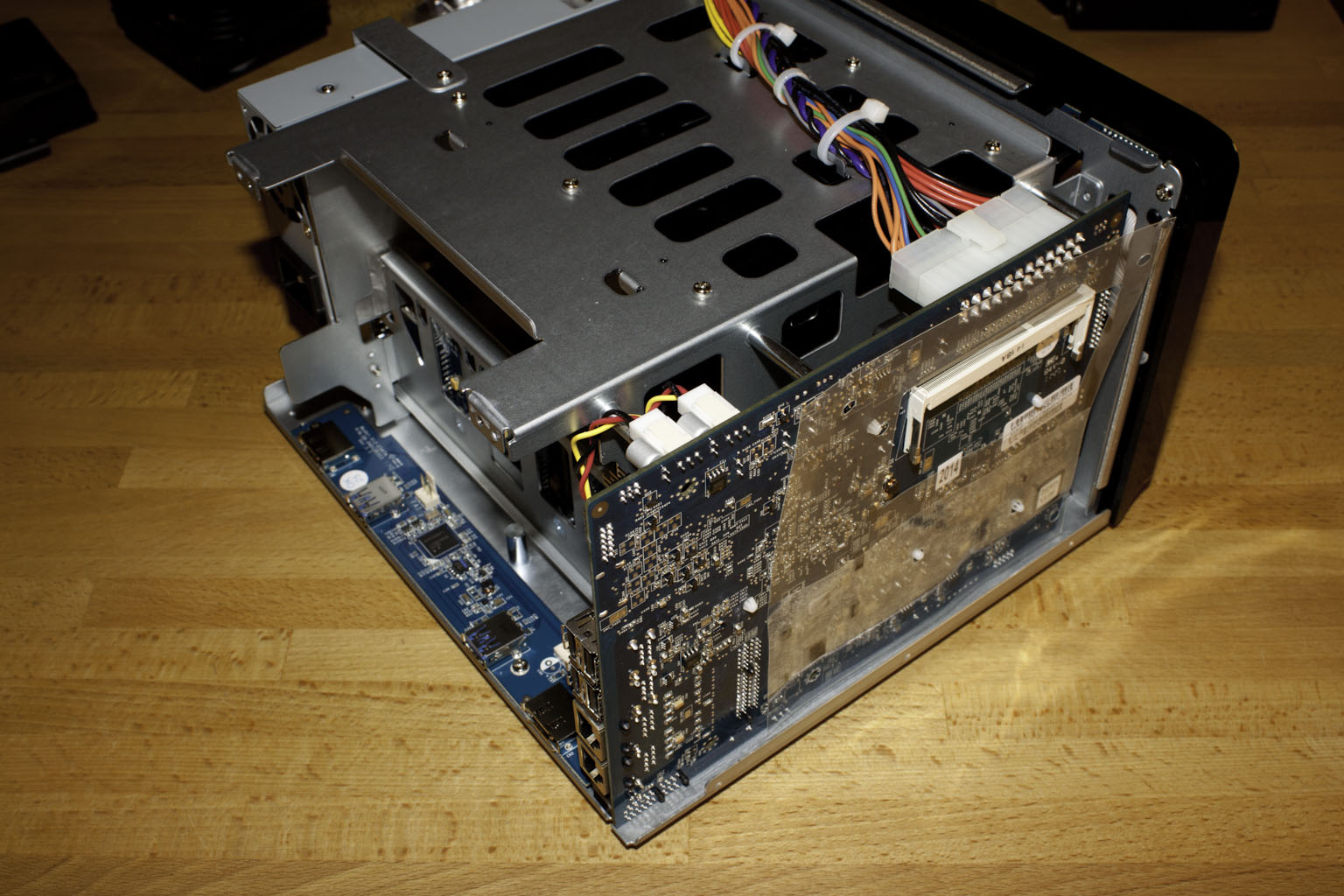 As the push for cloud based storage and services becomes greater we have been taking a look at the value of these from not only a monetary view, but also from a privacy and security view. To this end we have been tinkering around with a few Network Attached Storage Devices (NAS). One of our first is the Synology DiskStation DS1512+. We have already dissembled the DS1512+ in the first part of our coverage and now have pounded on it for a good length of time to see how it performs using a few synthetic tests as well as real-world usage. So let’s take a look at our results.
As the push for cloud based storage and services becomes greater we have been taking a look at the value of these from not only a monetary view, but also from a privacy and security view. To this end we have been tinkering around with a few Network Attached Storage Devices (NAS). One of our first is the Synology DiskStation DS1512+. We have already dissembled the DS1512+ in the first part of our coverage and now have pounded on it for a good length of time to see how it performs using a few synthetic tests as well as real-world usage. So let’s take a look at our results.
Synology's DS 1512+ NAS Stops By The Lab For Some Testing
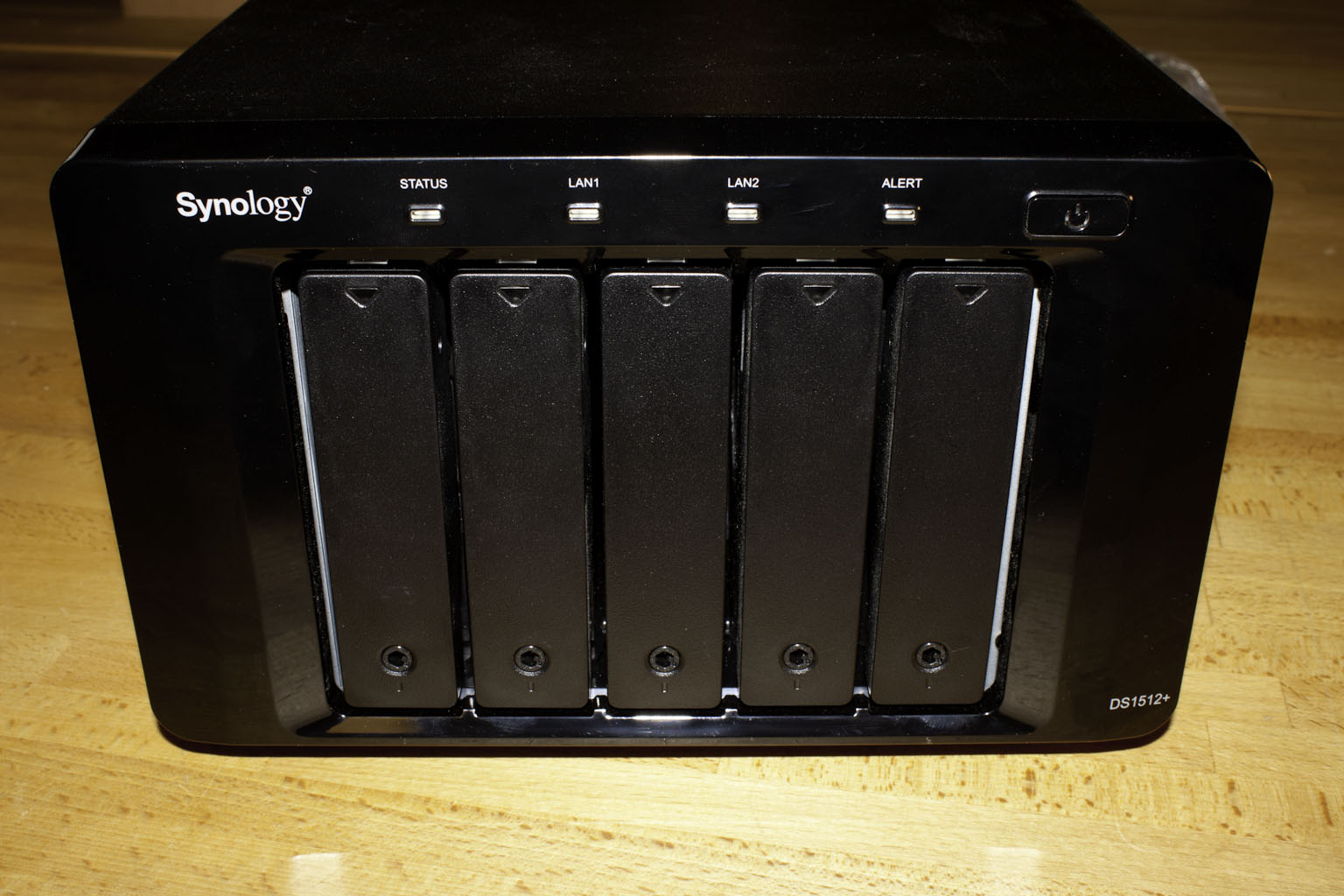 When I first got into the IT game the storage needs of even large companies could be maintained in less space than what typically fits on a CD-ROM. In fact all of the applications that we used in the shop fit onto 20 3.25-inch 720KB floppy disks! Now you would be hard pressed to store one or two Word documents on even one of those floppies. Fortunately as our storage requirements have grown so have the devices we keep all that data on. For most home users simply dropping in a 1 or 2 Terabyte hard drive will be enough, but for businesses, prosumers and enthusiasts might need a bit more. For this there are products that can be attached to a normal home or office network that offer extra storage (and many other functions) to meet these needs. Synology is a maker of NAS (Network Attached Storage) devices. The idea of the NAS is not new, nor is it a business only product. There have been multiple consumer level NAS devices. The one we have in from Synology is a little outside the normal home environment. This is the Disk Station 1512+ it is a 5-Bay, Dual-Lan, Network Storage device that has some great hardware and software features in store of anyone picking this product up. We will be taking a look at the hardware used inside, the build and some of the basic features in this part of our coverage. So let’s get started.
When I first got into the IT game the storage needs of even large companies could be maintained in less space than what typically fits on a CD-ROM. In fact all of the applications that we used in the shop fit onto 20 3.25-inch 720KB floppy disks! Now you would be hard pressed to store one or two Word documents on even one of those floppies. Fortunately as our storage requirements have grown so have the devices we keep all that data on. For most home users simply dropping in a 1 or 2 Terabyte hard drive will be enough, but for businesses, prosumers and enthusiasts might need a bit more. For this there are products that can be attached to a normal home or office network that offer extra storage (and many other functions) to meet these needs. Synology is a maker of NAS (Network Attached Storage) devices. The idea of the NAS is not new, nor is it a business only product. There have been multiple consumer level NAS devices. The one we have in from Synology is a little outside the normal home environment. This is the Disk Station 1512+ it is a 5-Bay, Dual-Lan, Network Storage device that has some great hardware and software features in store of anyone picking this product up. We will be taking a look at the hardware used inside, the build and some of the basic features in this part of our coverage. So let’s get started.
You can check out the performance half of this review here
Thecus introduces the N4100EVO; the first Dual-Core Cavium-Based 4-bay NAS
Thecus® N4100EVO: The First Dual-core Cavium-based 4-bay NAS
Intelligent design: Evolve your digital office
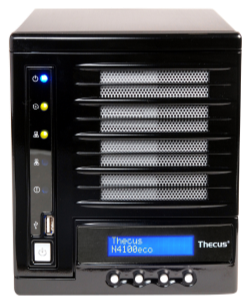 12/12/2011 – Taipei (Taiwan): Thecus is well known in the market for always putting innovative hardware and state of the art technology on the table for a fair price in order to guarantee our customers the best value. Thecus’s new N4100EVO NAS offer a broad range of advanced features and differentiate themselves with low-energy hardware for those who place strong value on cutting down their electricity costs and carbon footprint. This cost-effective hardware is the first four-bay NAS on the market to feature the speedy and efficient dual-core Cavium CPU to get the quick transfer speeds necessary for large backups and heavy use. The N4100EVO is designed to change the way you run your office, at home or at work.
12/12/2011 – Taipei (Taiwan): Thecus is well known in the market for always putting innovative hardware and state of the art technology on the table for a fair price in order to guarantee our customers the best value. Thecus’s new N4100EVO NAS offer a broad range of advanced features and differentiate themselves with low-energy hardware for those who place strong value on cutting down their electricity costs and carbon footprint. This cost-effective hardware is the first four-bay NAS on the market to feature the speedy and efficient dual-core Cavium CPU to get the quick transfer speeds necessary for large backups and heavy use. The N4100EVO is designed to change the way you run your office, at home or at work.
Thecus® Announces the 2nd Generation Intel® Core™ i3-Based N8900
|
|||||||
|
|||||||
|
© 2004–2010 Thecus® Technology Corp. All rights reserved. |
Chicken Little tells us Lion kills our NAS devices
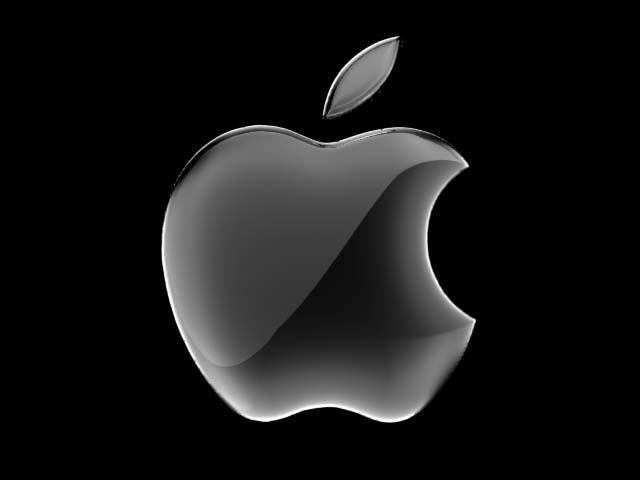 You may have heard that Apple’s new OS, Lion is making all of the NAS appliances incompatible. Well, we can tell you that the reports of these appliances demise have been greatly exaggerated. In fact three days before the launch we heard from multiple vendors that they have new firmware updates that will be available to keep compatibility with Lion and its new version of Time Machine.
You may have heard that Apple’s new OS, Lion is making all of the NAS appliances incompatible. Well, we can tell you that the reports of these appliances demise have been greatly exaggerated. In fact three days before the launch we heard from multiple vendors that they have new firmware updates that will be available to keep compatibility with Lion and its new version of Time Machine.
NETGEAR has even sent us theirs and we are at work testing is on their ReadyNAS Pro 6. So when you hear about how this or that product does not work, remember… you are listening to people that are ALWAYS trying to get a scoop sometimes they might not take the extra time to verify things before they push something like this out.
Keep checking back as we work to demystify some of what is out there on the net and give you the straight information.



